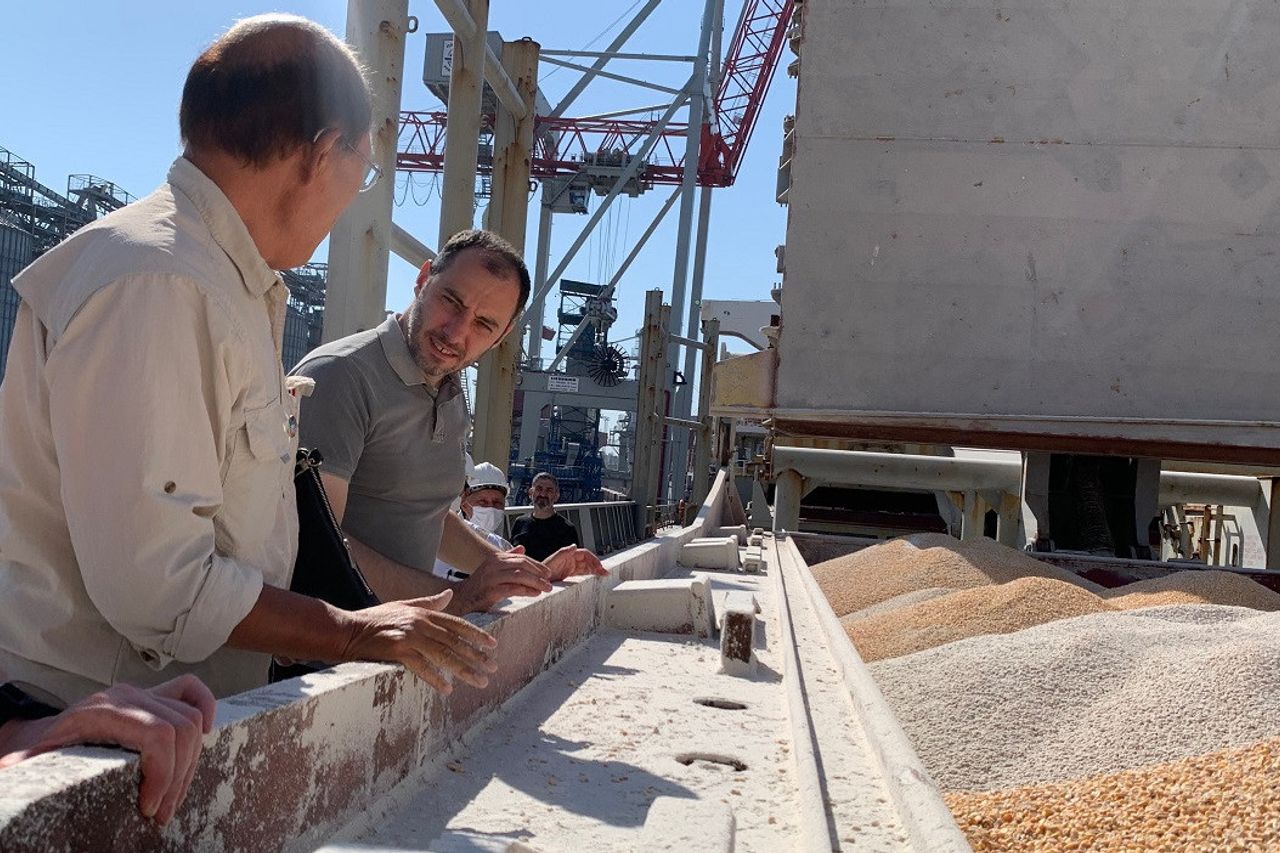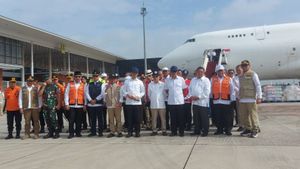The Kremlin Calls The Opportunities For Extension Of The Menipis Black Sea Grain Agreement, Although Talks Are Still Ongoing

The Kremlin said on Tuesday it was an opportunity to extend the agreement to deliver grains through the Black Sea, although talks between the two sides were continuing, but to no avail.
Russia is known to have repeatedly indicated it was ready to leave the deal on May 18, if its demands to relax export restrictions on its agricultural products were not responded to.
Kremlin spokesman Dmitry Peskov told reporters on Tuesday that part of an agreement involving Russia's interests was not implemented, but dialogue continued.
"Russia's position is well known - the deal was extended for two months," Peskov said.
"Devisions of agreement concerning Russia's agricultural sector are not met," he criticized.
Peskov also said he could not say in which format, time and place of negotiations would proceed, after a Ukrainian source told Reuters the parties involved in the deal would meet on Wednesday.
"Contacts continue, but so far they have not brought any results," he said.
Among other requests, Russia said it wanted state-run agricultural banks, Rosselkhozbank, to be reconnected to SWIFT's international remittance system, and for the Toglitti-Odessa ammonia pipeline to restart.
The West said its sanctions did not explicitly target Russia's agricultural sector. However, Moscow says that its agricultural exports have been hit hard by restrictions on its banks, as well as other sanctions in logistics and insurance.
It is known that the agreement to deliver grains through the Black Sea brokered by the United Nations and Turkey was agreed with Russia and Ukraine in July last year.
The deal allows grains trapped due to the Russian invasion to be safely exported from the port of the Black Sea in Ukrainian territory.
Citing TASS, the signed agreement between Russia, Turkey, Ukraine and the United Nations provides the establishment of a coordination center for four parties whose representatives will inspect wheat ships to prevent the smuggling of weapons and operations of fake flags.


